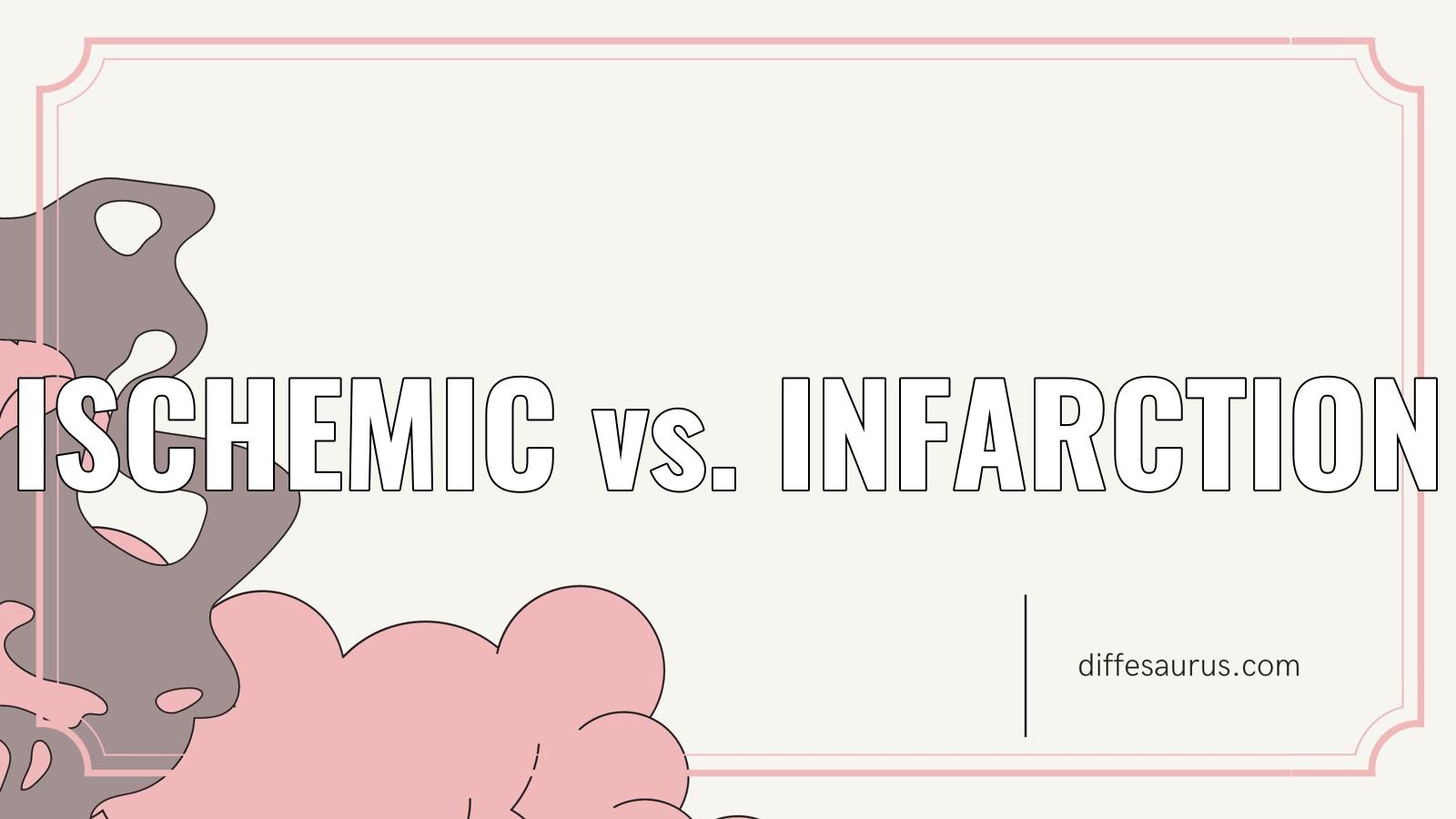Ischemia means there is no blood flow to the organs.
The failing condition of the heart muscle is defined by myocardial infarction and myocardial insufficiency. The end point of myocardial infarction is a decrease in blood supply to the heart tissue that leads to chest pain or angina pectoris. Myocardial infarction, also known as a heart attack, is when the arteries in the heart are not functioning normally.
How do you differentiate between myocardial ischemia and myocardial infarction?
Myocardial infarction occurs when the blood flow to the heart muscle is disrupted by a plaque build up. You can suffer a heart attack if the plaques break.
What is the difference between ischemia and infarction on ECG?
Reduction of myocardial oxygen for less than 20 minutes is what Ischemia is about. Changes in T wave can be seen in the electrocardiogram. The injury was caused by persistence of oxygen deficiency. Oxygen deficiency for more than two hours is termed infarction. pathological Q waves on the electrocardiogram are indicative of infarction.
Does ischemia cause infarction?
When arteries are narrowed or blocked, oxygen-rich blood is not able to reach the heart. It can cause a heart attack if it is severe or lasts too long. The pain of angina pectoris is usually caused by a temporary shortage of blood in the heart. There isn’t any pain in other cases.
https://www.youtube.com/watch?v=7FR1TsKLoDI
What is an infarction?
Infarction can be caused by insufficient blood supply to the area. It may be the result of a problem with the arteries. White infarction and red infarction are the two most common causes of infarction.

What is the difference between infarction?
Tissue death is caused by insufficient blood supply to the area. It may be the result of a problem with the arteries.
What complications can result from ischemia and infarction?
There is a disease of the coronary arteries. This is a build up of cholesterol and plaque in your coronary arteries that supplies blood to your heart muscle. Your heart can’t get the blood it needs because of the narrowing of your arteries. The majority of fatal heart attacks are caused by arteriosclerotic plaque.
Is ischemic heart disease the same as myocardial infarction?
When the blood flow to the heart muscle is completely blocked, the heart muscle cells die. The majority of people with early CHD don’t experience any symptoms or limitations of blood flow. Symptoms may occur if the disease is left unattended. When the demand for the oxygen carried by the blood increases, they are most likely to occur.
What is ischemic infarction of brain?
When there isn’t enough blood flow to the brain, it’s called Cerebral Ischemia. The death of brain tissue, cerebral infarction, or ischemic stroke can be caused by limited oxygen supply or cerebral hypoxemia. There are three types of strokes, a sub-type of stroke, a subarachnoid hemorrhage and intracerebral hemorrhage.

What are the symptoms of an ischemic?
There is a sudden weakness of the face, arm or leg and it is not known what it is.
What is ischemia and infarction of kidney?
Infarction is a condition in which the flow of blood in a body is disrupted. In studies of mice, it’s possible to have a problem with the kidney.
What is the treatment for ischemic?
The main goal of therapy in a stroke is to preserve tissue in the penumbra, where the infarction can occur. Blood flow can be restored to the compromised area in order to preserve the tissue.
What is the difference between ischemic and coronary heart disease?
Ischemia is a condition in which the blood flow in a part of the body is reduced. Reduced blood flow and oxygen to the heart muscle is called Cardiac Ischemia.



